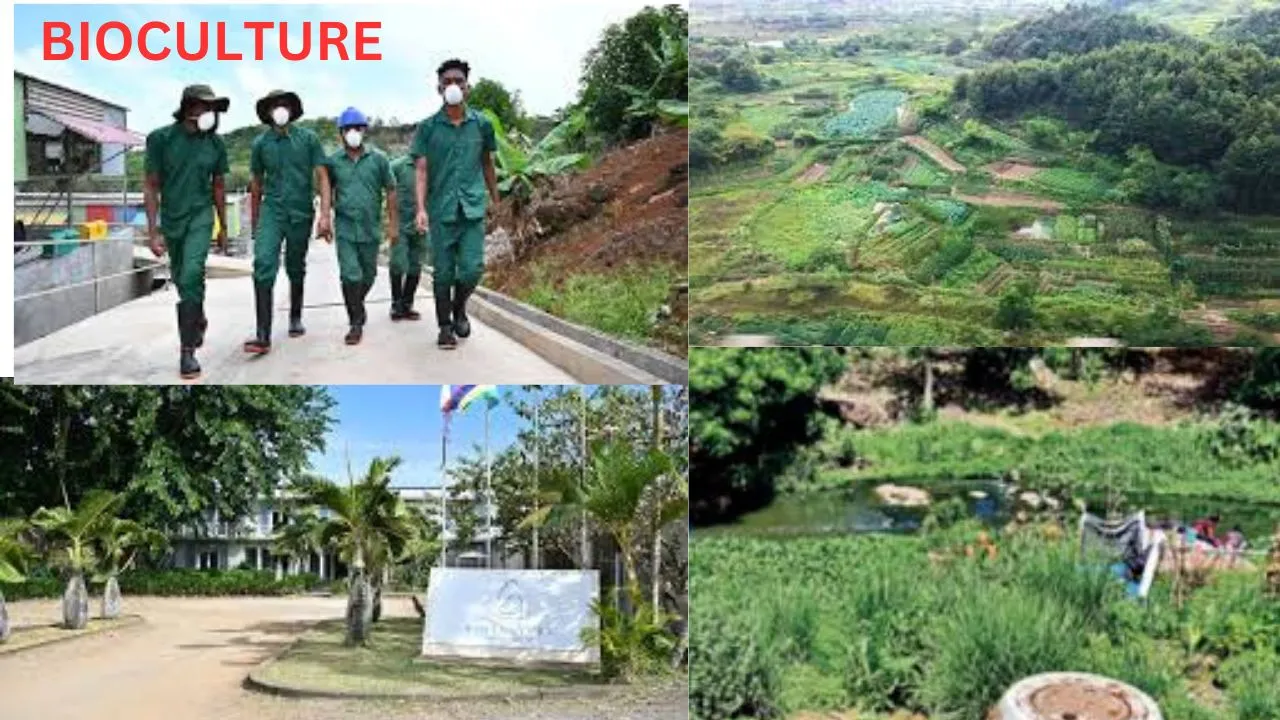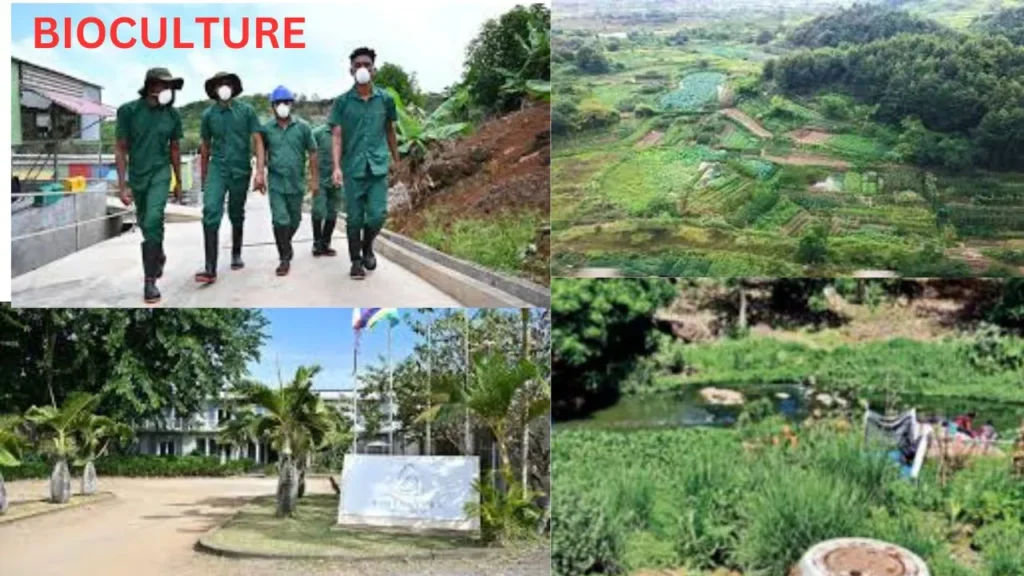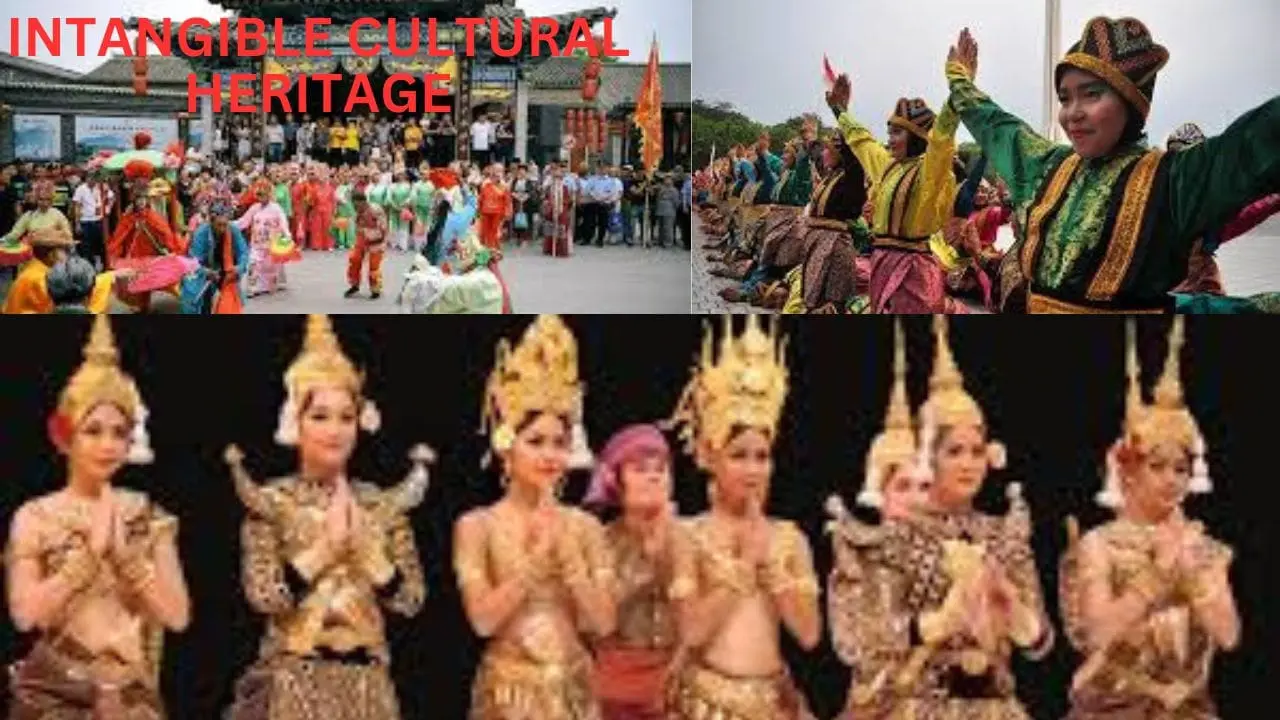
bioculture
Admin
- 0
Bioculture is a fascinating field that explores the intricate relationship between biology and culture. From bioculture retreats to bioculture powder, this article will delve into the meaning of bioculture and its complex evolution.
We will also examine the intersection of biology and culture, the concept of biological culture, the idea of biocultural self, the influence of biocultural factors, and the importance of bioculture. So, let’s embark on this journey of discovery together.
Bioculture Retreats
- Imagine escaping the hustle and bustle of daily life and immersing yourself in a bioculture retreat. These retreats provide a unique opportunity to reconnect with nature and explore the interconnectedness between biology and culture. Surrounded by serene landscapes, participants engage in activities that foster a deeper understanding of their place in the natural world. Bioculture retreats offer a holistic experience that nourishes the mind, body, and soul.
- During a bioculture retreat, participants have the chance to partake in a variety of activities designed to enhance their connection with the environment. Guided nature walks lead guests through lush forests, allowing them to observe the intricate ecosystems at play and learn about the diverse flora and fauna that call the area home. Additionally, workshops on sustainable living practices provide valuable insights into how individuals can minimize their ecological footprint and live in harmony with the planet.
- One of the highlights of a bioculture retreat is the opportunity to engage in cultural exchanges with local communities. Participants have the chance to learn about traditional customs, rituals, and practices that have been passed down through generations. By immersing themselves in these cultural experiences, guests gain a deeper appreciation for the rich tapestry of human heritage and the importance of preserving indigenous knowledge for future generations.
Bioculture Meaning
What exactly does bioculture mean? The term itself combines the biological and cultural aspects of human existence. It acknowledges that humans are not just biological beings but are also shaped by cultural influences. Bioculture recognizes the dynamic interplay between genetics, environmental factors, and social and cultural practices. This interdisciplinary field seeks to unravel the complexities of these interactions and their implications for human health and well-being.

When delving deeper into the concept of bioculture, it becomes evident that this approach goes beyond the traditional nature versus nurture debate. It highlights the intricate ways in which our genetic makeup is influenced by our cultural surroundings, and vice versa. For example, studies have shown that cultural practices such as diet and lifestyle choices can have a significant impact on gene expression, ultimately affecting our health outcomes.
Furthermore, the biocultural perspective emphasizes the importance of considering diverse cultural perspectives in healthcare and research. By recognizing and respecting the cultural beliefs and practices of different communities, healthcare providers and researchers can develop more effective and culturally sensitive interventions. This holistic approach not only promotes better health outcomes but also fosters greater understanding and collaboration across various disciplines.
Bioculture Powder
- Bioculture powder has gained popularity in recent years due to its potential health benefits. This powdered supplement contains a blend of nutrients that support both biological and cultural aspects of human functioning. Bioculture powder aims to enhance physical vitality while also promoting mental and emotional well-being. By nourishing the body with essential nutrients, it strives to optimize our biological functioning and augment our cultural experiences.
- One of the key components of bioculture powder is probiotics, which are beneficial bacteria that support gut health and digestion. These microorganisms play a crucial role in maintaining a healthy balance of gut flora, which can have far-reaching effects on overall well-being. By incorporating probiotics into bioculture powder, this supplement not only targets physical health but also recognizes the intricate connection between gut health and mental wellness.
- Furthermore, bioculture powder often includes adaptogenic herbs such as ashwagandha and holy basil, known for their ability to help the body adapt to stress and promote a sense of calm. These herbs have been used for centuries in traditional medicine systems for their stress-relieving and mood-balancing properties. By harnessing the power of these adaptogens, bioculture powder offers a holistic approach to health that addresses both the physiological and psychological aspects of well-being.
Bioculture Complex
The bioculture complex refers to the intricate web of factors that shape our biological and cultural identities. It encompasses our genetics, the environments we inhabit, the societies we belong to, and the cultural practices we engage in. The biocultural complex recognizes that we are not solely products of genetics or culture but rather a unique amalgamation of both. Understanding this complexity is crucial for comprehending the full scope of human diversity and the influences that shape our lives.
The Evolution of Biocultural Studies
Over the years, biocultural studies have evolved significantly. Initially, these studies focused on the biological and cultural adaptations of specific populations. However, they have since broadened their scope to encompass a wide range of topics such as health, nutrition, psychology, and anthropology. This expansion reflects the growing recognition of the interconnectedness between biology and culture and the need for comprehensive approaches to understanding human well-being.
Exploring the Intersection of Biology and Culture
The intersection of biology and culture is a dynamic and complex realm. It is where our genetic makeup interacts with the social and cultural environments we navigate. This interplay shapes our behaviors, beliefs, and identities. Exploring this intersection allows us to unravel the multifaceted factors that contribute to human diversity and the ways in which they influence our individual and collective experiences.
What is a Biological Culture?
A biological culture refers to the unique expression of biology within a particular social and cultural context. It recognizes that biological processes are not static but are shaped by cultural practices and belief systems. Biological cultures manifest in various ways, influencing our diet, physical activity patterns, healthcare practices, and even our perceptions of beauty. Understanding our biological culture helps us appreciate the diversity of human experiences worldwide.

What is Biocultural Self?
Biocultural self refers to the integrated nature of our biological and cultural identities. It acknowledges that our sense of self is shaped not only by our genetic makeup but also by the communities we belong to and the cultural practices we engage in. Biocultural self-awareness encourages us to embrace the complexities of our identities, fostering a greater understanding and appreciation of our own unique blend of biology and culture.
What are Biocultural Factors?
Biocultural factors encompass the diverse influences that shape human well-being and development. These factors can include genetics, diet, physical activity, socio-economic status, cultural practices, and societal norms. By examining biocultural factors, researchers gain insights into how biology and culture interact to impact our health, behavior, and overall quality of life. Understanding these multifaceted influences is crucial for addressing global health disparities and developing interventions that promote well-being for all.
Why is Bioculture Important?
Bioculture is important because it recognizes the interconnectedness of biology and culture and their impact on human health and well-being. Embracing a biocultural perspective allows us to move beyond reductionism and appreciate the complex interplay of factors that shape our lives. By understanding biocultural influences, we can develop holistic approaches to healthcare, education, and social policies that foster individual and collective flourishing.
Conclusion
In conclusion, bioculture stands at the fascinating intersection of biology and culture. From retreats that reconnect us with nature to exploring the meaning and complexity of bioculture, this field offers a multidimensional understanding of human well-being.
By recognizing our biological and cultural interconnectedness, we can foster a more comprehensive and inclusive approach to health, identity, and societal development. So, let’s embark on this journey of discovery, embracing the wonder and richness of bioculture.

